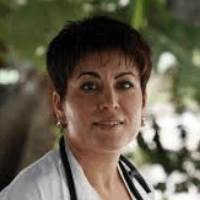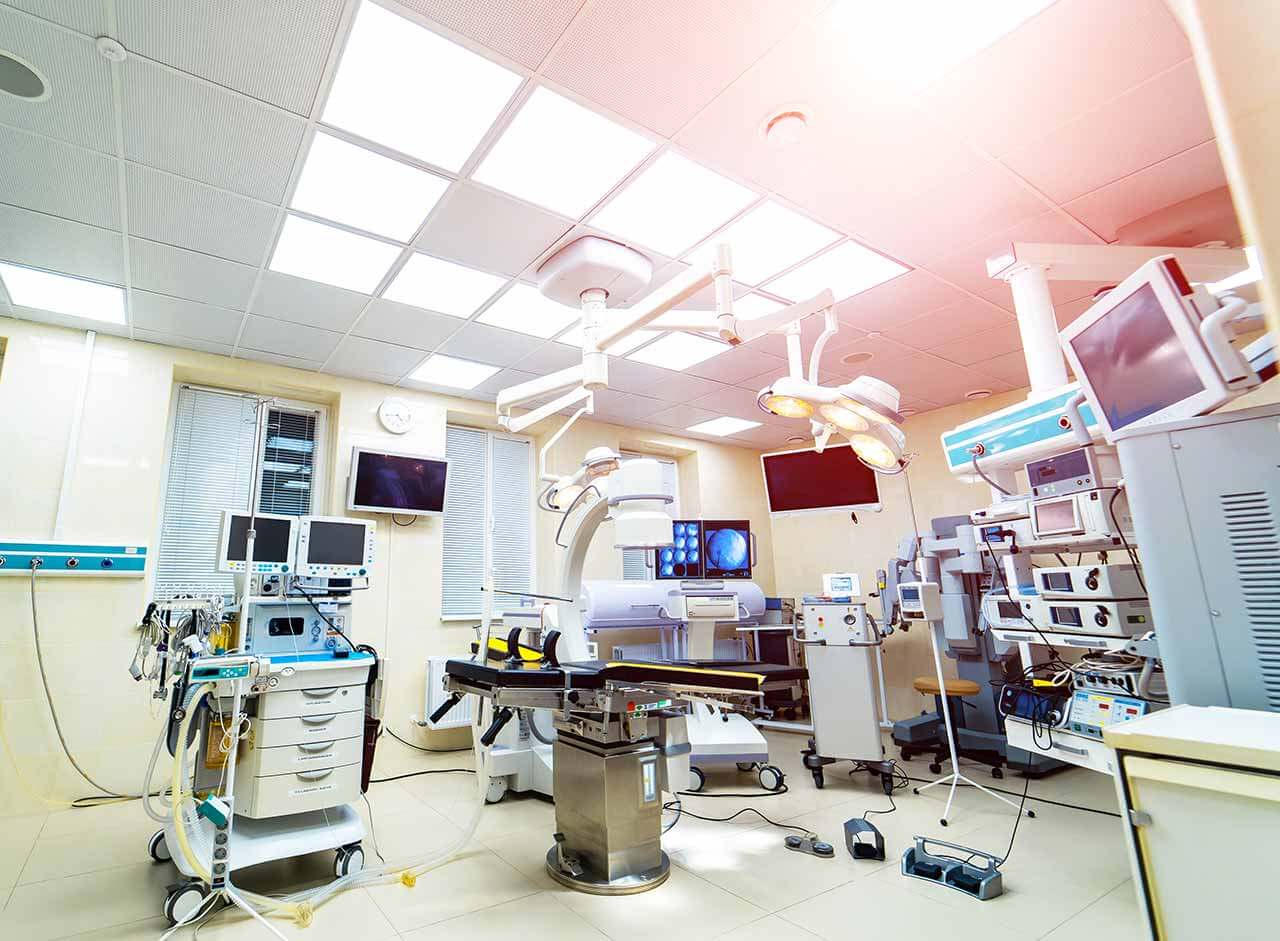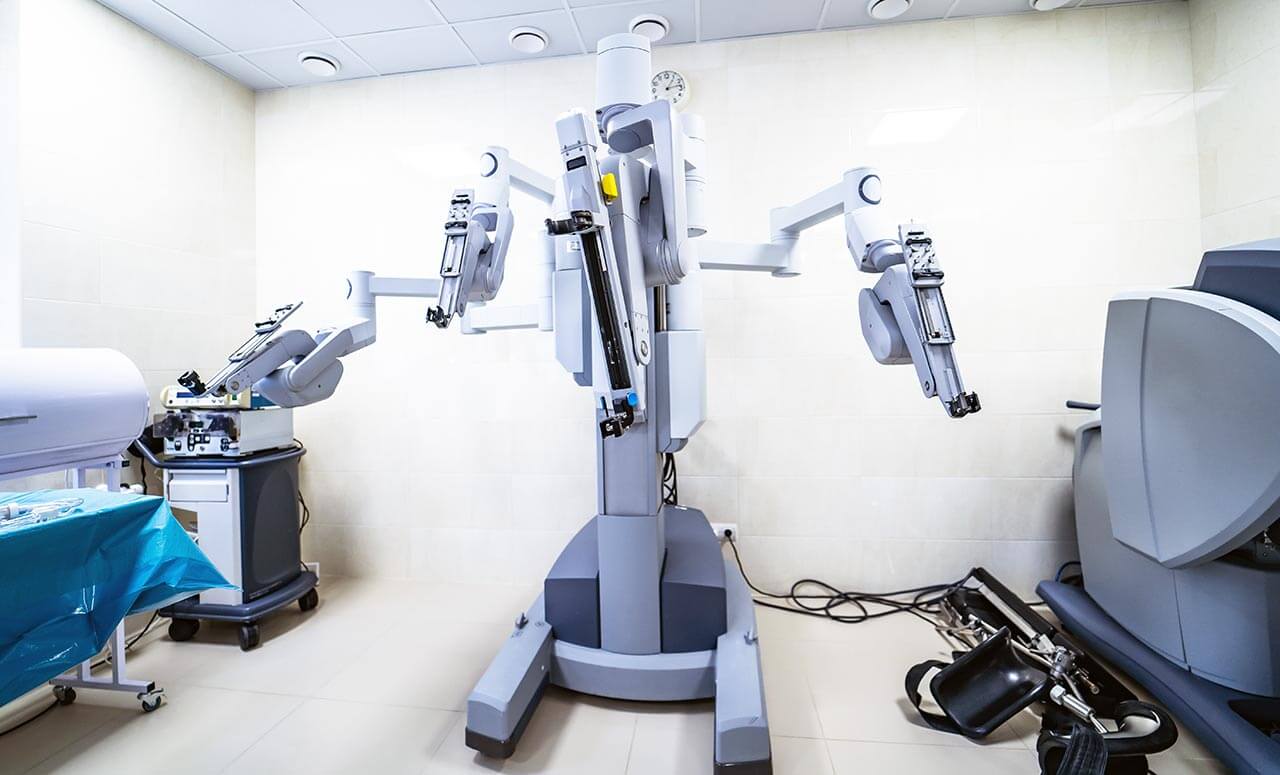
The program includes:
- Initial presentation in the clinic
- clinical history taking
- review of medical records
- physical examination
- laboratory tests:
- complete blood count
- general urine analysis
- biochemical blood test
- inflammation markers (CRP, ESR)
- blood coagulation analysis (aPTT, PT, INR)
- autoimmune tests
- ultrasound of the urogenital system
- CT/MRI of the abdomen and pelvic organs
(if indicated clinically, additional cost is 650/1200€) - nursing services
- consultation of related specialists
- treatment by chief physician and all leading experts
- explanation of individual treatment plan
Required documents
- Medical records
- Abdonimal and retroperitoneum US scan (if available)
- Abdonimal and retroperitoneum MRI/CT scan (if available)
Service
You may also book:
 BookingHealth Price from:
BookingHealth Price from:
About the department
The Department of Nephrology and Hypertensiology at the Rambam Health Care Campus Haifa offers highly accurate diagnostics and effective treatment of kidney diseases, arterial hypertension and electrolyte metabolism disorders. It carries out a wide range of tests, invasive procedures (kidney biopsy) and imaging examinations. The patients with acute kidney failure can undergo planned and urgent hemodialysis here (including patients from other departments of the center). Thanks to close cooperation with vascular surgeons, the department is the only center in Northern Israel, which implements the kidney transplantation program. The medical facility is famous for its impeccable medical care and active research activities. The Chief Physician of the department is Dr. med. Suheir Assady.
The department's highly qualified experts use advanced technologies for renal replacement therapy in patients with acute kidney failure or terminal kidney diseases. Renal replacement therapies include hemodialysis using ultrapure solution and membranes, hemodiafiltration, sustained low-efficiency dialysis (SLED) and peritoneal dialysis at home. In addition to dialysis, the patients receive medical psychosocial care, as well as nutrition counselings.
In addition, the department's doctors prepare both donor and recipient for kidney transplantation, provide postoperative follow-up monitoring, and consult patients who underwent kidney transplantation abroad.
The department's range of medical services includes:
- Diagnostics and treatment of acute and chronic kidney failure
- Diagnostics and treatment of chronic kidney diseases
- Diagnostics and treatment of proteinuria
- Diagnostics and treatment of hematuria
- Diagnostics and treatment of glomerular and tubulointerstitial diseases
- Diagnostics and treatment of diabetic nephropathy
- Diagnostics and treatment of polycystic kidney disease
- Diagnostics and treatment of uncontrolled high blood pressure
- Diagnostics and treatment of electrolyte and pH disorders
- Diagnostics and treatment of nephrogenic bone diseases
- Diagnostics and treatment of kidney stone disease
- Diagnostics and treatment of other diseases
Curriculum vitae
Dr. Assady graduated from the Hadassah Medical School, Hebrew University of Jerusalem (BSc in Medical Sciences (cum laude) in 1988, Doctor of Medicine in 1992) and received her PhD in 2008 from the Rappaport Faculty of Medicine at the Technion (Israel Institute of Technology). She completed her residency in Internal Medicine and her fellowship in Nephrology at Rambam.
In addition to her various clinical duties, Dr. Assady is a Member of the Public Committee of the National List of Health Services (Ministry of Health), a Member of the Executive Board of the Israeli Society of Nephrology and Hypertensiology, and is involved in organizing national and international scientific conferences.
As a teacher and a lecturer, Dr. Assady has repeatedly been awarded Teaching Excellence Certificates from the Technion's Rappaport Faculty of Medicine. Her current research includes the study of novel mechanisms involved in the pathogenesis of proteinuria in kidney diseases.
Photo of the doctor: (c) Rambam Health Care Campus Haifa
About hospital
The Rambam Health Care Campus Haifa is the largest and the most progressive hospital in Northern Israel. The medical center was founded in 1938 and nowadays is proud of its long history, rich and successful experience in providing comprehensive medical services in all medical fields. The hospital serves more than 2 million locals, as well as the members of the Israel Defense Forces, UN Peacekeeping Forces and the United States Sixth Fleet. The medical center houses 61 inpatient departments, 73 specialized departments, 10 medical institutes and 25 laboratories. It is also the clinical and academic base of the Technion – Israel Institute of Technology.
The medical center includes the Ruth Rappaport Children's Hospital. It is a multidisciplinary medical facility specializing in the diagnostics and treatment of various pathologies, including extremely rare ones, in children of all age groups.
The total number of employees in the medical facility is 4,000 (715 doctors and 1,407 nurses). Many doctors are world-famous in the field of their clinical specialty and participate in advanced research projects in order to offer new treatment methods not only to their patients, but also to the world community.
The medical center is a leader in the field of medical care in emergency cases with a large number of victims. In addition, the hospital is certified in accordance with the strict standards of the Joint Commission International (JCI).
During the long-term and successful clinical practice, the medical center has formed a clear vision of optimal medical support and system of values. These suggest that the primary focus is always on the patient with his individual needs and wishes, while the medical services are professional, high-quality and safe. In addition, the specialists of the hospital apply the most effective and innovative treatment methods, as well as create a favorable environment, which contributes to the improvement of physical and emotional health and well-being of the patient. The key role in the daily work of the hospital is also played by a tolerant attitude towards all patients.
Photo: (c) depositphotos
Accommodation in hospital
Patients rooms
The patients of the Rambam Health Care Campus Haifa live in comfortable rooms designed in light colors. The standard room includes an automatically adjustable bed, a bedside table, a wardrobe for storing clothes, an armchair and chairs for receiving visitors, a TV, a telephone. Each room is equipped with an ensuite bathroom with shower and toilet.
Meals and Menus
The patients of the hospital are offered tasty and balanced three meals a day: breakfast, lunch and dinner. The menu also includes dietary and vegetarian dishes.
Further details
Standard rooms include:





